The Supreme Court heard oral arguments on November 5 regarding the legality of President Donald Trump's tariffs, a case that could have significant implications for the nation's trade policy and economy.
According to sources, a majority of justices appeared to side with the plaintiffs, various state governments and small businesses that are challenging the legality of most of Trump's tariffs. The plaintiffs argue that the tariffs, which were imposed under Section 232 of the Trade Expansion Act of 1962, exceed the president's authority and are therefore unconstitutional.
During oral arguments, Justice Stephen Breyer questioned the administration's interpretation of the law, stating, "If Congress had intended to give the president such broad authority, why would they have limited it to national security?" Justice Sonia Sotomayor also expressed concerns, saying, "The president's actions seem to be a clear overreach of his authority."
The case centers on Trump's decision to impose tariffs on imported steel and aluminum in 2018, citing national security concerns. However, critics argue that the tariffs are primarily aimed at protecting domestic industries and are therefore a protectionist measure, rather than a legitimate national security concern.
If the Supreme Court were to rule in favor of the plaintiffs, it could potentially overturn most of Trump's tariffs, leading to a significant reduction in prices, an acceleration of economic growth, and an increase in employment. According to estimates, the tariffs have cost American consumers and businesses over $1,000 per year.
However, some experts argue that even if the tariffs are overturned, Trump could likely reinstate them on a different legal basis. "The president has a history of finding ways to work around the law," said Daniel Ikenson, a trade expert at the Cato Institute. "If the Supreme Court were to strike down the tariffs, it's likely that Trump would find another way to impose them, perhaps under a different section of the law."
The Supreme Court's decision is expected in the coming months, and its ruling could have far-reaching implications for the nation's trade policy and economy.








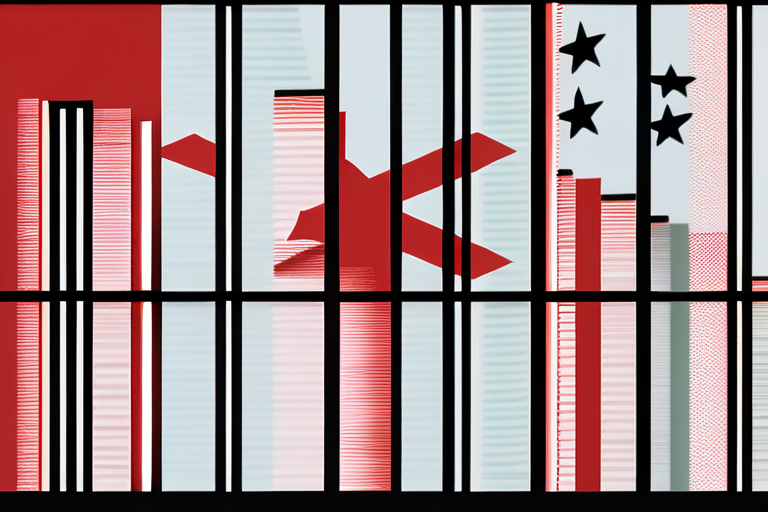
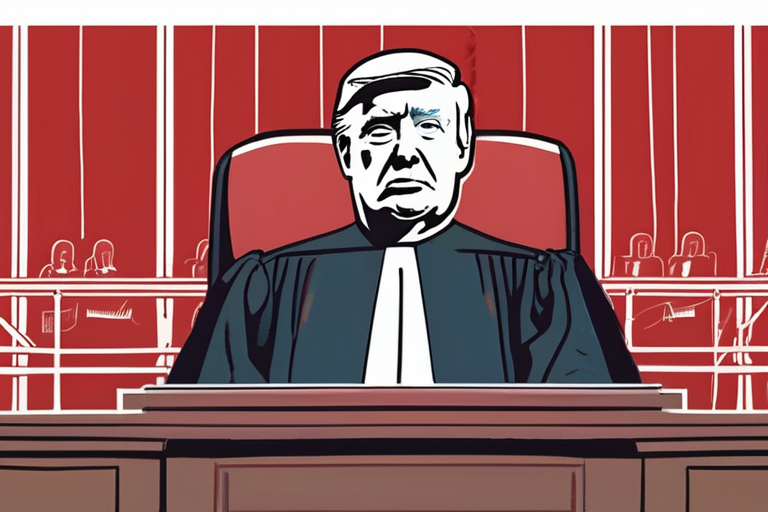
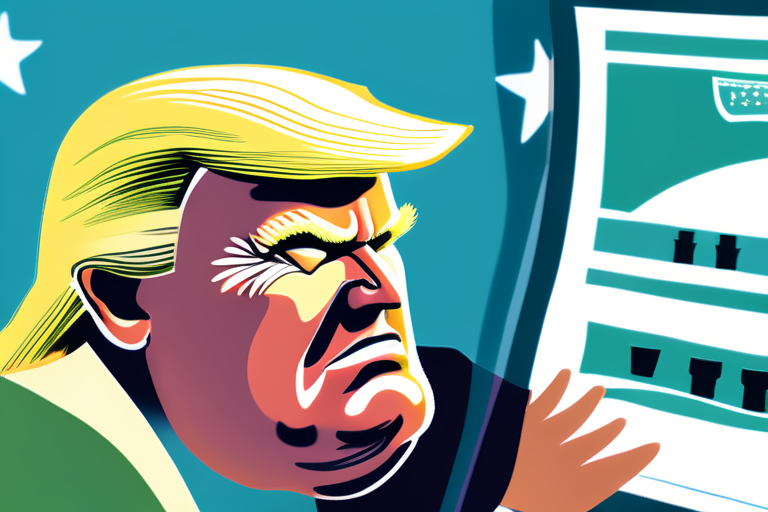

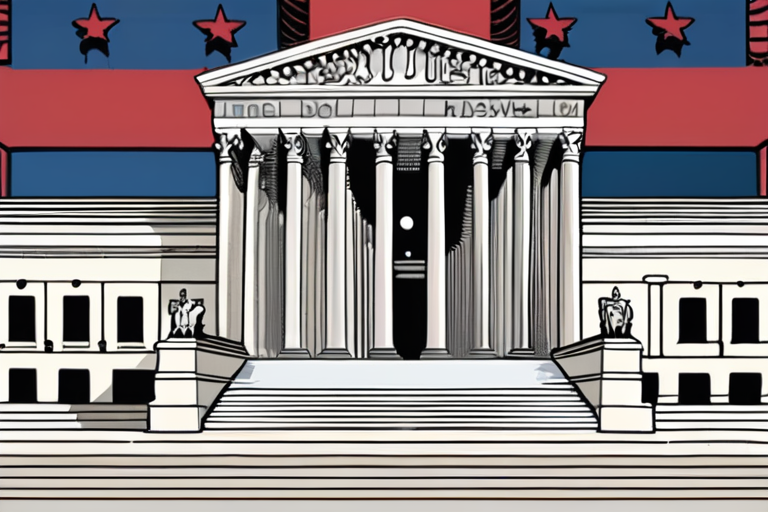
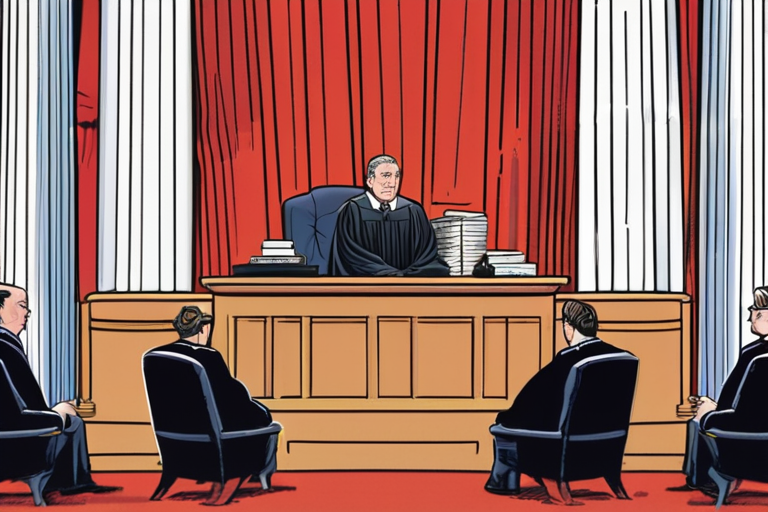

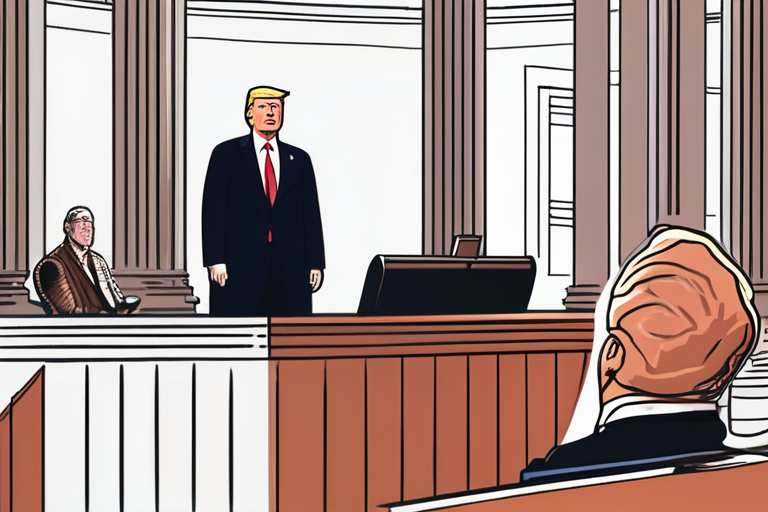

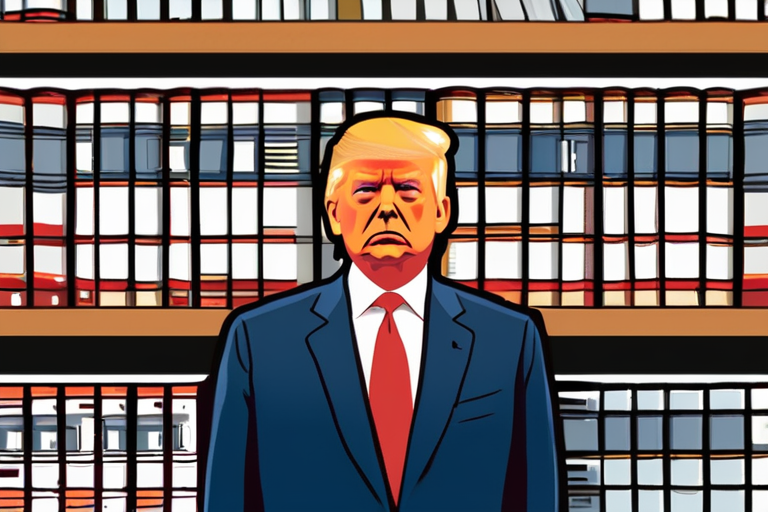

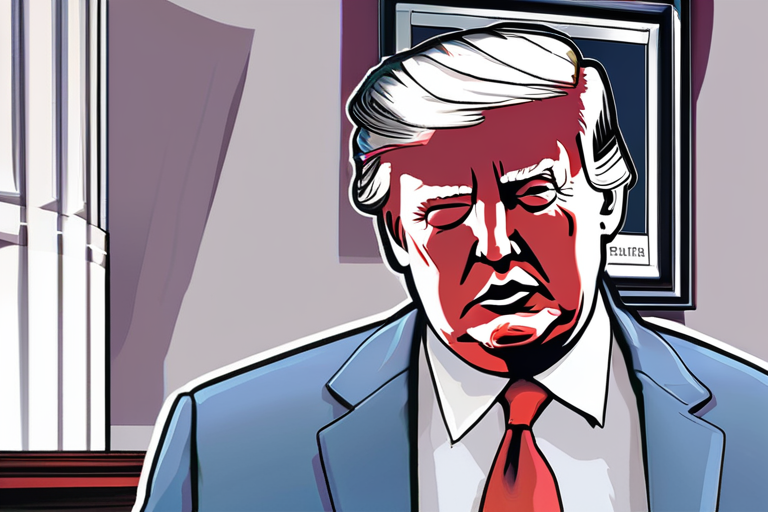
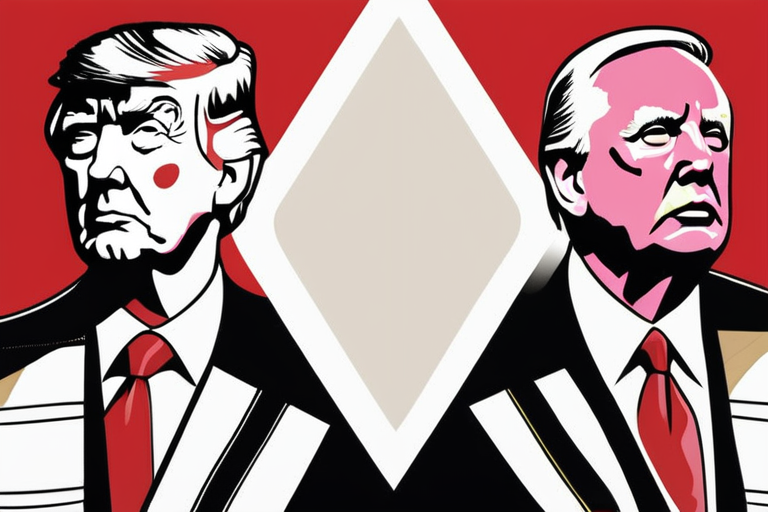
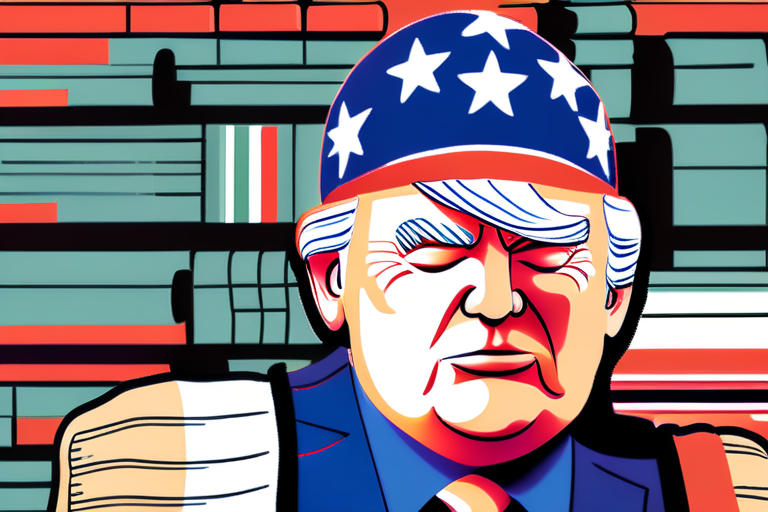
Share & Engage Share
Share this article